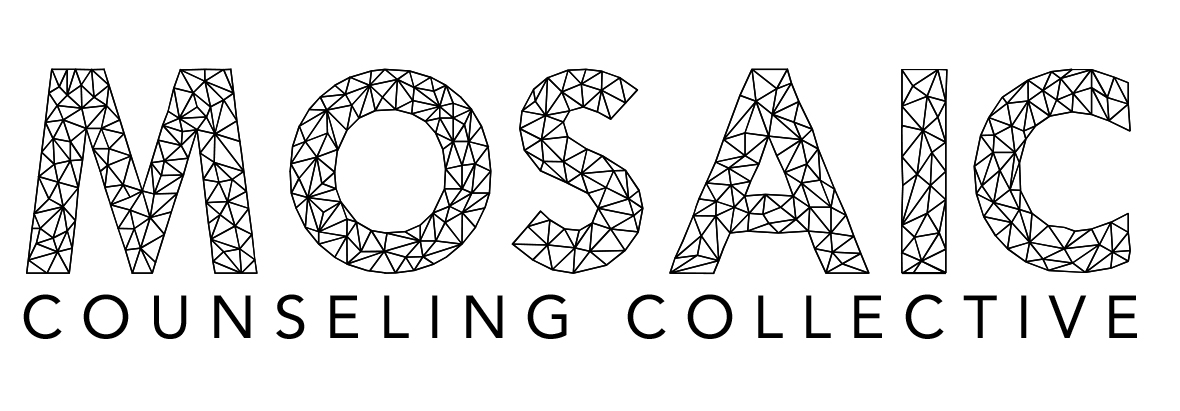Grief as a Personal and Collective Experience
/The assassination of Martin Luther King, Jr.
9/11.
Charleston.
Orlando.
We, as a nation have just witnessed another moment in our history that will be forever burned onto our collective experience. Alongside numerous other events, we may ask ourselves, decades down the road, “Where were you when the Orlando Massacre took place?”
Some will have been getting married, celebrating the birth of a child, fighting cancer, attending a funeral. We all have personal and distinct events in our lives that inevitably take place alongside the unspeakable violence that happens in our public spheres.
Grief, in this way, can feel infinitely complex.
It stirs up in us the most vulnerable parts of our humanity – feelings of helplessness and powerlessness, a sense of “too much” and “this cannot be.” What do we do with joy and celebration that happens in the midst of this kind of grief? What do we do with our own experiences of pain and violence in the face of such acts of hatred towards our LGBTQ community? How do we reconcile all of this within our bodies at once? These questions speak to the intersection of our personal and collective grief, the distinction and connection of our experiences.
In this way, our response to grief is always both personal and collective. The first experience we encounter may be a feeling of overwhelmedness at the complexity of our predicament. Our recovery starts when we allow the fullness of who we are to intersect with the realities of our larger world, when we give ourselves permission for our feelings of helplessness to just be. Over time, we come to find that that experience in our bodies--that feeling that tells us we can’t do this on our own with our one mind and our one body--is actually a true thing. It’s at this point we are able to realize that healing in isolation is never complete and that we need each other. Here, we come to see that your grief is really my grief, is our grief.
Muslims In NYC Remember The Lives Lost In Orlando
On Islamaphobia by Jacob Tobia
What happened when an Orthodox Jewish congregation went to a gay bar to mourn Orlando

